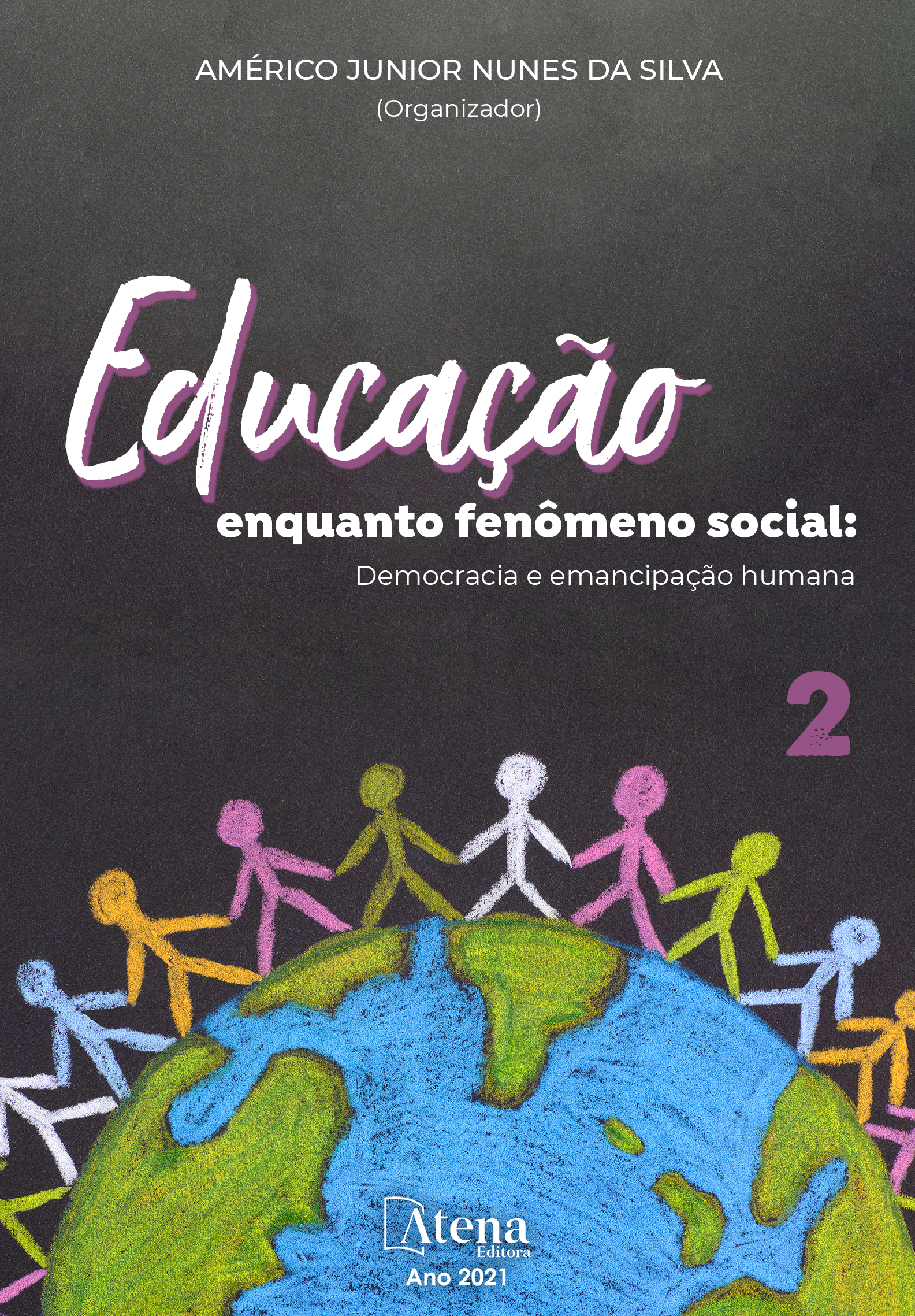
INCLUSÃO SOCIAL, EDUCAÇÃO E DIFERENTES FORMAS DE POBREZA
A pobreza, tida como falta de bens necessários, baseia-se na falta de capacidade para os fornecer. Faltando: trabalho, alimentação, saúde, educação, moradia, compreensão da sua diferente realidade ... Ajuda é solidariedade. A procura de quem quer ajudar, de quem tem e pode, constitui-se em ser provedor de capacidades para permitir que o outro, que ainda não possui nem tem, alcance uma vida digna. A solidariedade deve levar a posições de inclusão, desde quem hoje, aqui e agora tem, até quem falta. Acima de tudo, na educação, a mão para dar o máximo possível o que foi omitido, o que é justo. Aqui, a universidade desempenha um papel valioso. Uma área importante nele é a Extensão Universitária.
Os alunos que abandonam por falta de ajuda podem ir para a exclusão social. Preste atenção aos excluídos e se preferir não incluídos. A inclusão não é apenas espacial, mas social, cultural, etc. Os excluídos não fazem parte da “cidade oficial”. Disfarçadamente, eles não têm "direito à cidade", os níveis de cidadania não são ampliados, porque geralmente não têm casa própria, nem empregos vazios ... parecem não figurar. É bom transformá-los em nós. Vamos olhar cada um dentro do nosso espaço de trabalho como professores, com certeza no ensino público oficial encontraremos pessoas assim. São objetivos das tarefas inclusivas que devemos realizar: intra e extramuros.
O desafio neste sentido é realizar diferentes ações que alcancem o
inclusão dessas turmas, sem abrir mão da excelência e da qualidade acadêmica, neste caso, típica do nível superior universitário.
A Universidade Nacional de La Matanza desenvolve ações para a Inclusão Social dos alunos, pautada nas normas da Lei do Ensino Superior, nas Políticas Universitárias Nacionais e no seu próprio Estatuto Universitário. Num Projeto de Pesquisa “Extensão e Inclusão Social em Alunos da UNLaM” destacam-se as seguintes ações: 1.- Biblioteca de sons para cegos; 2.- PC com teclado braille para cegos; 3.- Cadeiras e bengalas canadenses; 4.- Bolsas de auxílio financeiro, acompanhadas de tutores; 5.- Rampas de deslocamento em pátios, salas de aula, corredores e outros; 6.- Tutoriais de disciplinas; 7.- Notas de palestras gratuitas e de baixo custo; 8.- Tradutores de língua gestual para surdos e deficientes auditivos; 9.- Bolsa alimentação para cantina universitária; 10.- Atividades de socialização através do teatro, dança, desenho e pintura, canto e outros; 11.- Estágios alugados; 12.- Acompanhamento de alunos estrangeiros para sua adaptação; 13.- Obra Social para cobertura de saúde.
INCLUSÃO SOCIAL, EDUCAÇÃO E DIFERENTES FORMAS DE POBREZA
-
DOI: 10.22533/at.ed.53621161112
-
Palavras-chave: Inclusão. Educação. Ajuda. Alunos. Pobreza. Extensão da faculdade.
-
Keywords: Inclusion. Education. Help. Students. Poverty. College extension
-
Abstract:
Poverty, taken as a lack of necessary goods, is based on the absence of capacities to provide them. Missing: work, food, health, education, housing, understanding of their different reality ... Help is solidarity. The search for the one who wishes to help, the one who has and can, is constituted in being a provider of capacities to allow the other, who does not yet possess or have, to achieve a life with dignity. Solidarity must lead to positions to include, from those who today, here and now have, towards those who are lacking. Above all, in education, the hand to give as much as possible what was omitted, what is fair. Here the university plays a valuable role. An important area in it is the University Extension.
Students who drop out due to lack of help may go to social exclusion. Pay attention to the excluded and if you prefer not included. Inclusion is not only spatial, but social, cultural, etc. The excluded are not part of the “official city”. Sneakingly, they do not have a “right to the city”, the levels of citizenship are not expanded, because they usually do not have their own homes, or blank jobs ... they seem not to be included. It is good to turn them into us. Let's look at each one within our work space as teachers, surely in official public education we will find people like that. They are objectives of the inclusive tasks that we must carry out: intra and extramural.
The challenge in this sense is to carry out different actions that achieve the
inclusion of these groups, without sacrificing academic excellence and quality, in this case, typical of the higher university level.
The National University of La Matanza develops actions for the Social Inclusion of students, guided by the regulations of the Higher Education Law, the National University Policies and its own University Statute. In a Research Project on "Extension and Social Inclusion in UNLaM Students" the following actions are highlighted: 1.- Sound library for the blind; 2.- PC with braille keyboard for the blind; 3.- Canadian rolling chairs and canes; 4.- Scholarships for financial aid, accompanied by tutors; 5.- Displacement ramps in courtyards, classrooms, corridors and others; 6.- Subject tutorials; 7.- Low-cost and free lectures notes; 8.- Sign language translators for the deaf and hard of hearing; 9.- Food grants for the university canteen; 10.- Socialization activities through theater, dance, drawing and painting, singing and others; 11.- Rented internships; 12.- Accompaniment of foreign students for their adaptation; 13.- Obra Social for health coverage. -
Número de páginas: 14
- Bettina Laura Donadello
- Anadón, Hebe
- Arrue, Marcos
- Ezeiza Pohl, Ana Carolina
- Goitea, Alejandro Oscar
- Amanda Mabel Zanga


